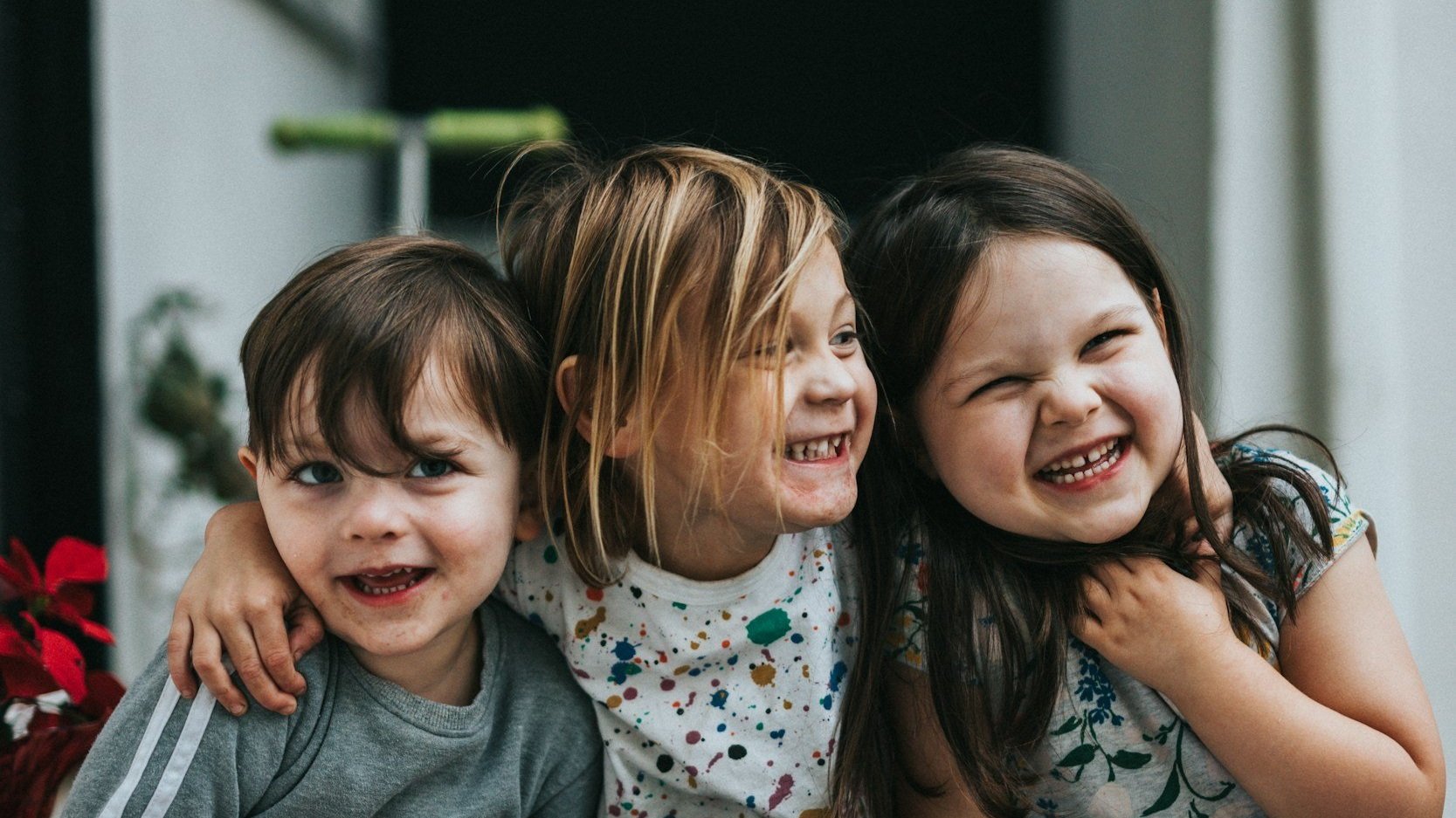
Pediatric Mental Health Blog
© 2025 COPYRIGHT NOTICE: All original resources, content, and materials produced and displayed on this website are the intellectual property of Child Therapy Guide. These resources are protected by copyright laws and are intended for personal, non-commercial use. Unauthorized reproduction, distribution, or any other unauthorized use of the content without explicit permission from Child Therapy Guide is strictly prohibited. Users are encouraged to enjoy and utilize the resources responsibly, respecting the copyright and intellectual property rights associated with the content. For any inquiries or requests regarding the use of our materials, please contact us through our contact form.

How To: Behavior Charts
By visually tracking progress on a sticker chart, we can help kids increase motivation, develop self-discipline, and reinforce positive habits. Read on to learn best practices for behavior charts!

Draw Your Day
This free printable art therapy activity highlights two main skills: routine conceptualization and emotional exploration. By preparing for and embracing the natural ebbs and flows of a day, kids can improve their adaptive functioning and lead more balanced lives.

Emotion Scales
An emotion scale is a therapeutic tool used to help individuals identify, communicate, and track their emotions. Learn more and print our FREE PDF emotion scales!

The Statue Game
Practicing mindful movement and skilled attention can help kids manage impulsive behaviors. Most kids struggle with some degree of impulsivity, but kids with ADHD may particularly benefit from games that exercise self-control.
Read on to learn how to play The Statue Game!
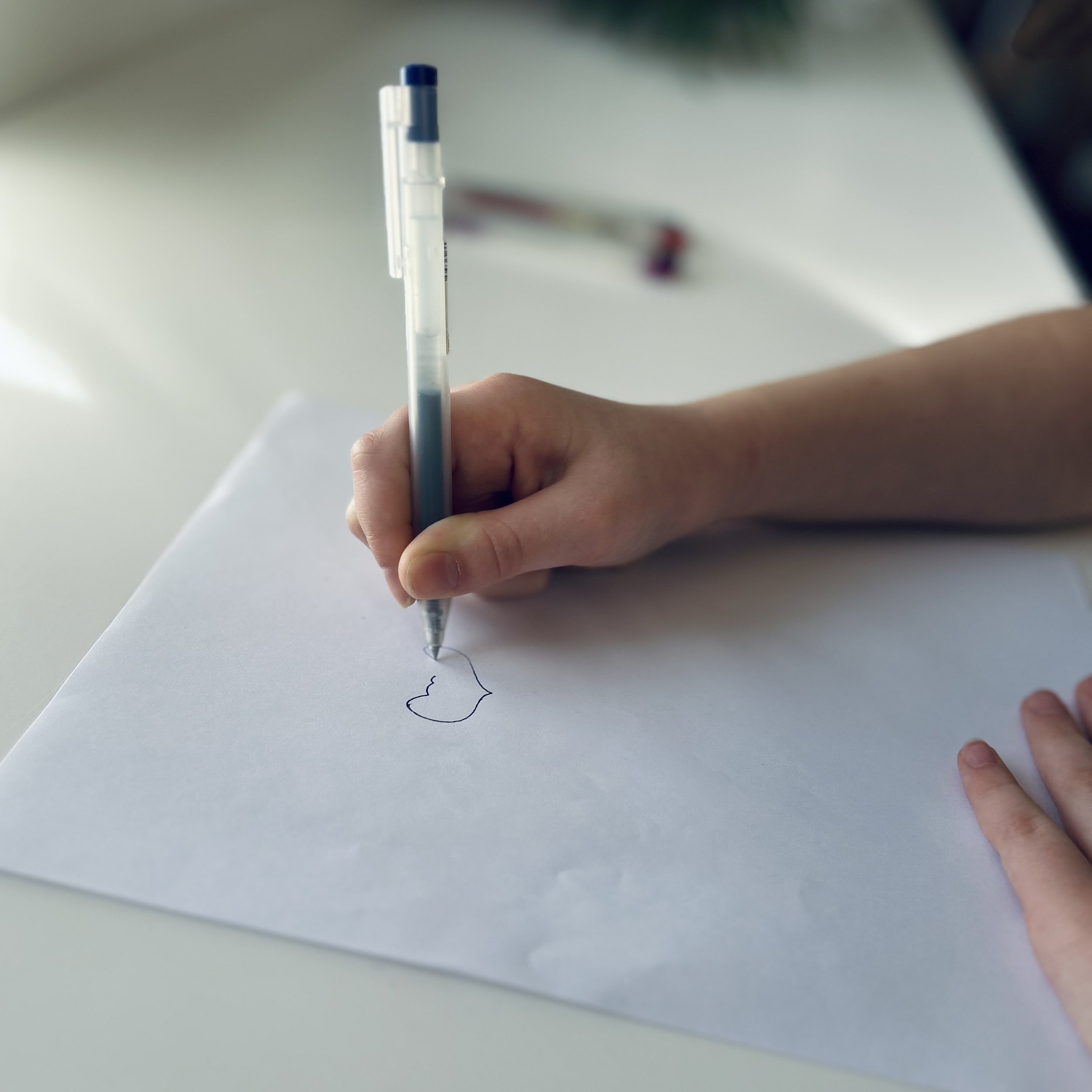
Art Therapy: Perfectionism
A perfectionist aims for the ideal version of a pursuit and has disproportionate feelings of disappointment if they fail to reach their goal. Perfectionism can have many roots, but it is generally tied to a person’s perception of their self-worth.
Read on to learn more about childhood perfectionism and try our simple art therapy activity!

Therapeutic Resources for Adolescents
Some teens struggle to manage the stress, anxiety, and depression that often accompany the pressures of academic achievement, social competency, family dynamics, and self-regard. Early intervention can prevent long-term mental health issues by helping adolescents develop a foundation for emotional well-being.
Read on for more information and free resources!

8 Mindfulness Worksheets for Kids
Mindfulness practice offers a guided pathway for children to develop a sense of calm, self-awareness, and emotional regulation. Our collection of free printable PDF mindfulness worksheets provides a variety of engaging activities designed to help kids explore presence of mind, manage stress, and cultivate emotional well-being.
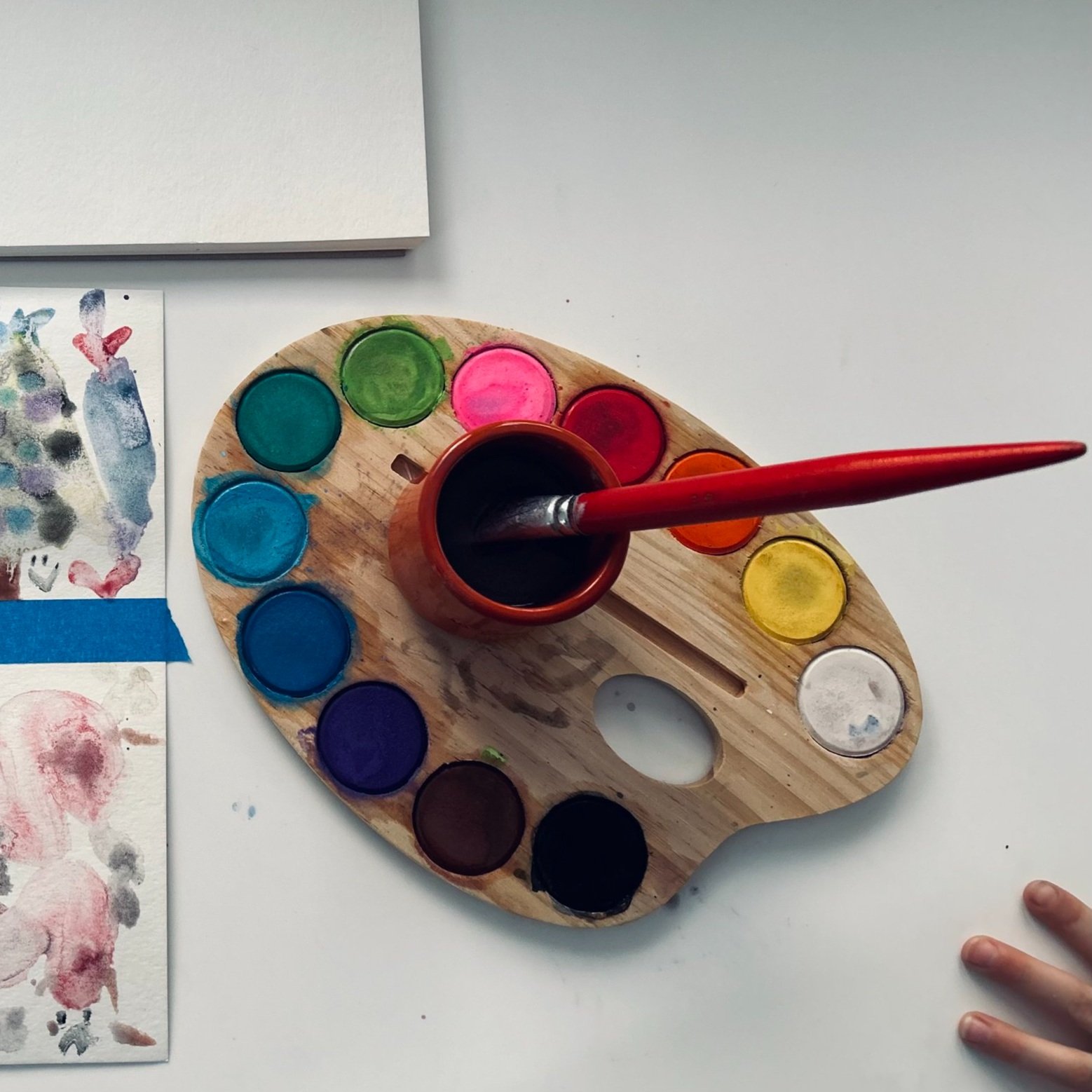
Art Therapy: Emotion Storms
Looking at a storm through a window allows us to see what’s happening while staying safe inside. In a similar way, this therapeutic art activity gives kids an opportunity to conceptualize, visualize, and explore different emotions from a safe distance. Read on to learn how to do it!
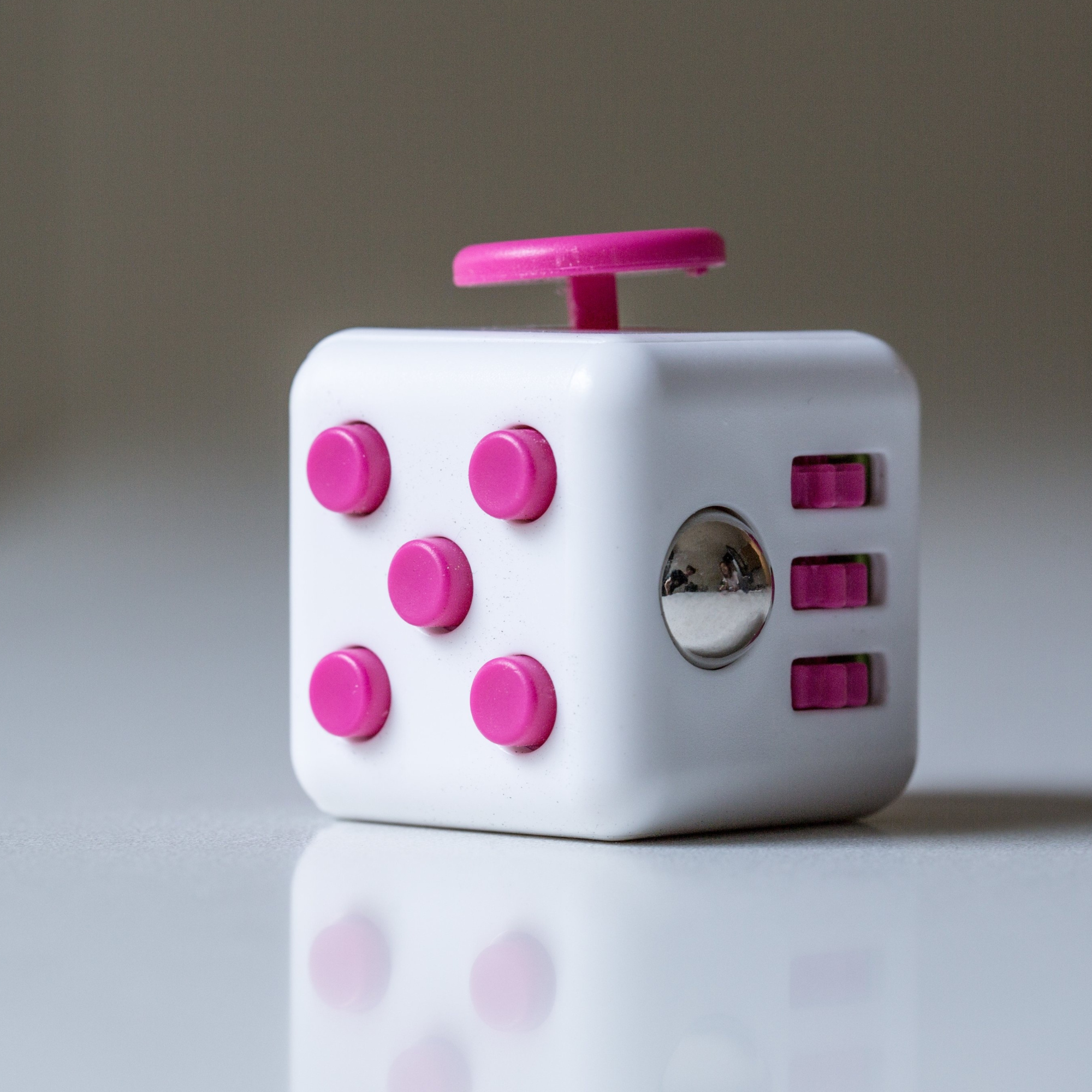
Best Fidget Toys for Kids
Fidget toys can relieve stress, reduce anxiety, and channel excess energy to support productive habits. Fidget toys are particularly beneficial for children (or adults!) with neurodivergent brains (attention-deficit/hyperactivity disorder (ADHD), autism spectrum disorder, sensory processing disorders, etc.) because they provide a physical sensory outlet for suppressed energy.
We’ve rounded up a few of our favorite fidget toys that help kids engage in therapy (also great for long commutes, waiting rooms, or quiet time)!
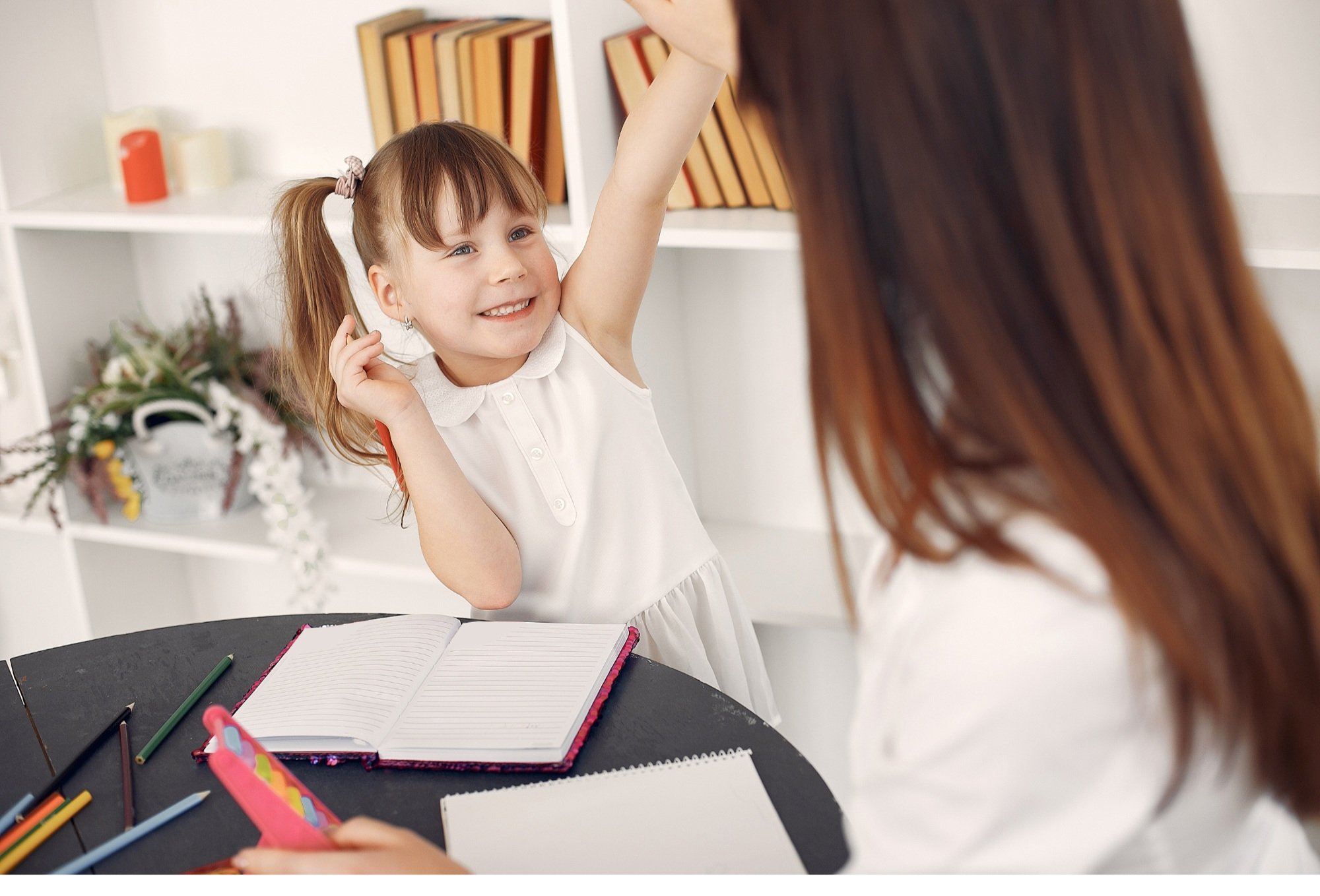
Child Therapist Tips: Building Rapport
Rapport is the foundation of effective therapy because it represents trust, respect, and positive regard. When a therapist thoughtfully establishes this connection, a child is more likely to open up, express emotions, and securely engage in the therapeutic process to facilitate healing and growth.
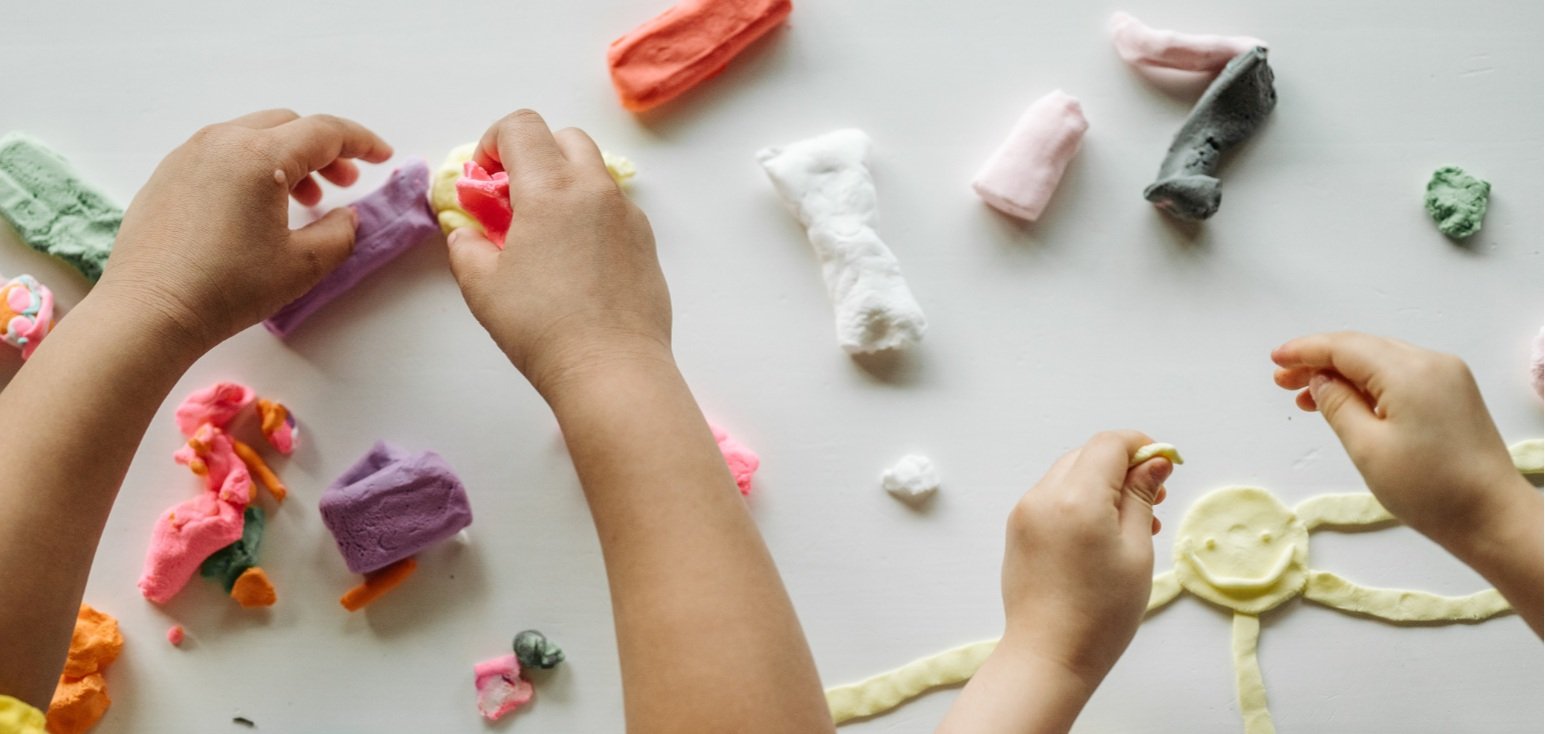
Therapeutic Activities with Play-Doh
Modeling dough (like Play-Doh) can be used as a tactile sensory tool for exploring therapeutic concepts with kids. Read on for 5 of our favorite dough activities to help kids relieve stress, exercise emotional literacy, practice coping skills, and resolve conflict.
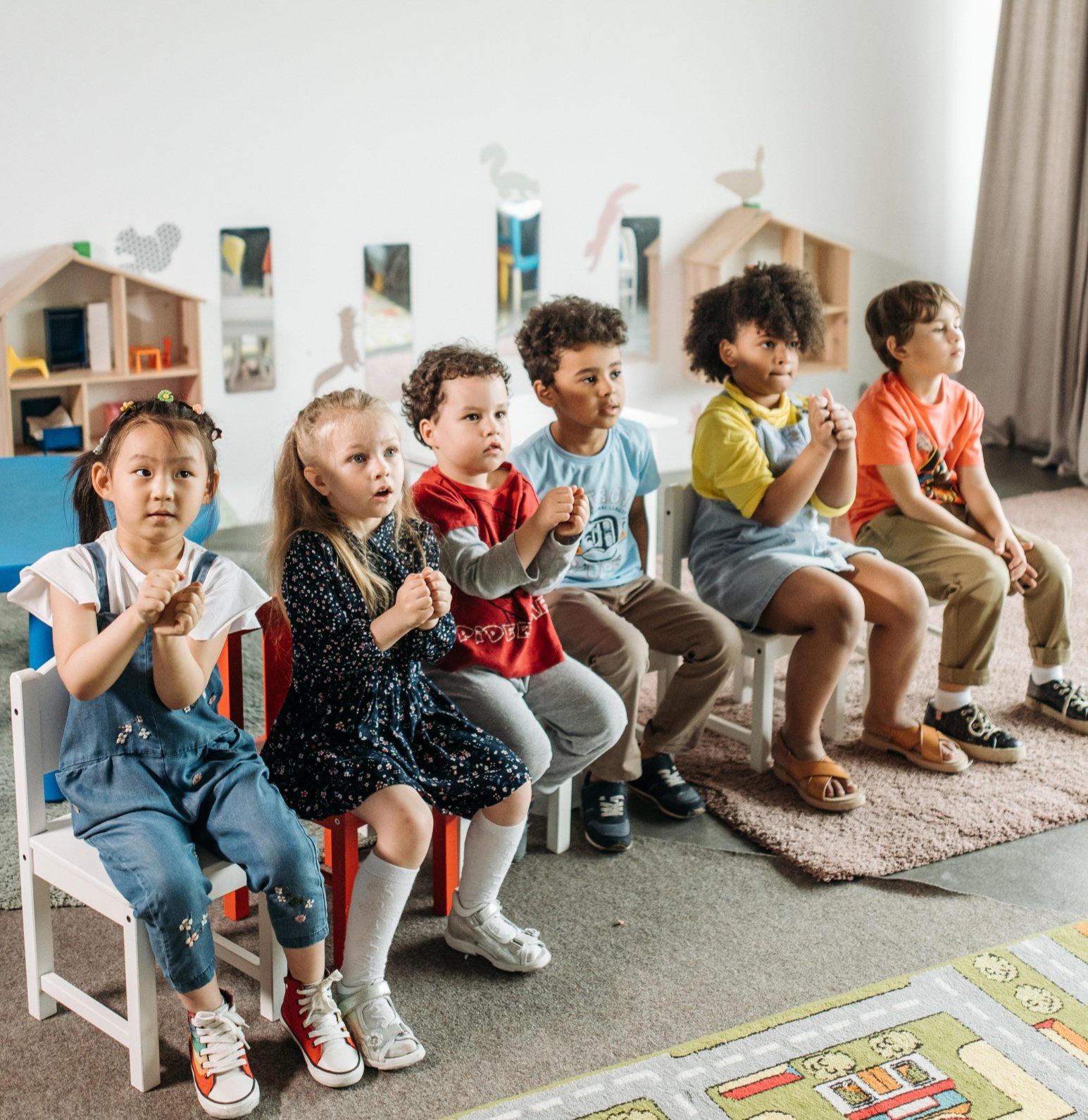
Sensory Processing Disorders
Children with sensory issues may struggle with textures, loud noises, crowds, food preferences, etc. These sensitivities are often seen in children with neurodevelopmental disorders such as autism spectrum disorder (ASD) or attention deficit hyperactivity disorder (ADHD), but they can also appear in otherwise typically developing children. Understanding and supporting a child’s unique sensory needs can help them feel more comfortable and engaged in their environment. Read on for more information and free printable resources.
